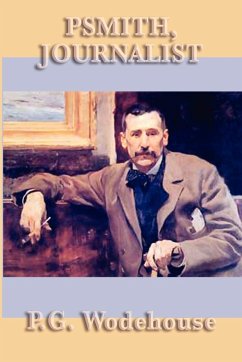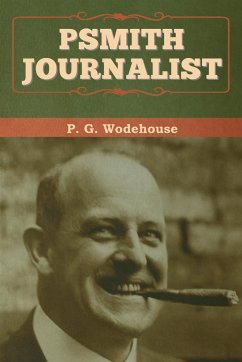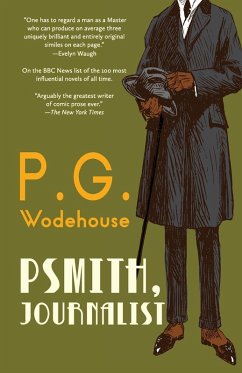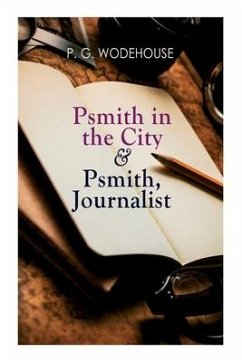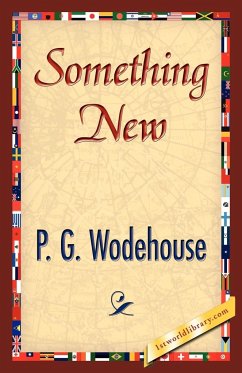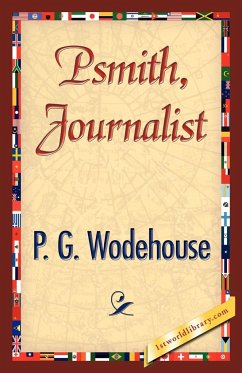
Psmith, Journalist
Versandkostenfrei!
Versandfertig in 1-2 Wochen
16,99 €
inkl. MwSt.

PAYBACK Punkte
8 °P sammeln!
The man in the street would not have known it, but a great crisis was imminent in New York journalism. Everything seemed much as usual in the city. The cars ran blithely on Broadway. Newsboys shouted "Wux-try!" into the ears of nervous pedestrians with their usual Caruso-like vim. Society passed up and down Fifth Avenue in its automobiles, and was there a furrow of anxiety upon Society's brow? None. At a thousand street corners a thousand policemen preserved their air of massive superiority to the things of this world. Not one of them showed the least sign of perturbation. Nevertheless, the cr...
The man in the street would not have known it, but a great crisis was imminent in New York journalism. Everything seemed much as usual in the city. The cars ran blithely on Broadway. Newsboys shouted "Wux-try!" into the ears of nervous pedestrians with their usual Caruso-like vim. Society passed up and down Fifth Avenue in its automobiles, and was there a furrow of anxiety upon Society's brow? None. At a thousand street corners a thousand policemen preserved their air of massive superiority to the things of this world. Not one of them showed the least sign of perturbation. Nevertheless, the crisis was at hand. Mr. J. Fillken Wilberfloss, editor-in-chief of Cosy Moments, was about to leave his post and start on a ten weeks' holiday. In New York one may find every class of paper which the imagination can conceive. Every grade of society is catered for. If an Esquimau came to New York, the first thing he would find on the bookstalls in all probability would be the Blubber Magazine, or some similar production written by Esquimaux for Esquimaux. Everybody reads in New York,





